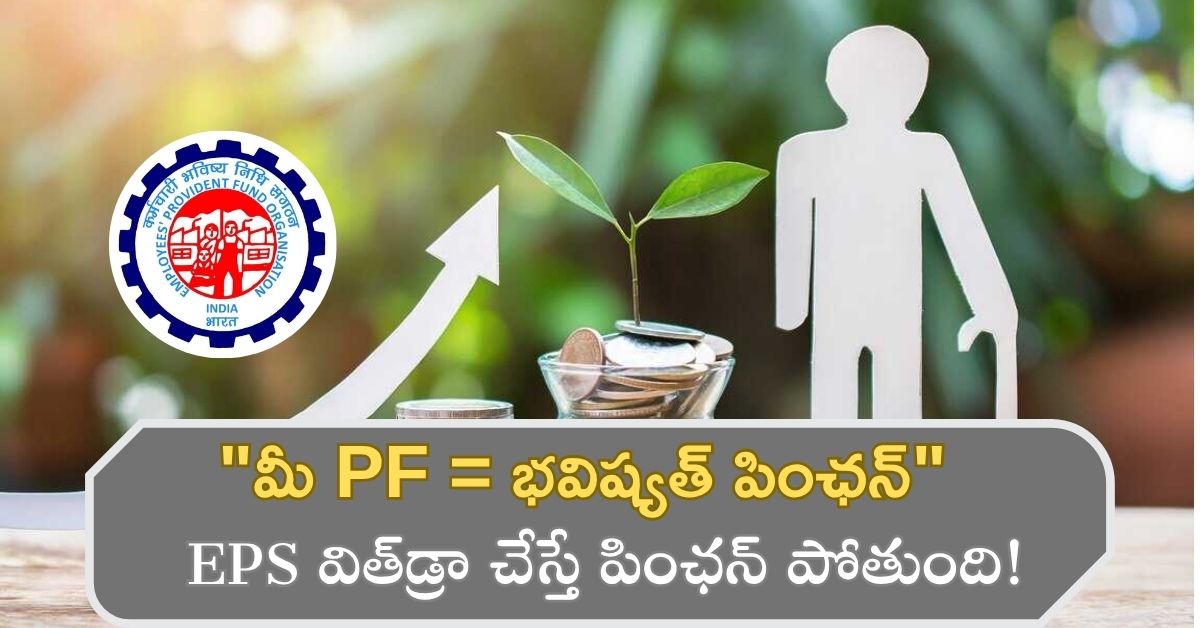What Is Gratuity: Perhaps you are unaware of how gratuity functions, although you could have heard of it if you are a salaried Indian worker. Understanding gratuity is particularly crucial in 2025 whether you are considering retirement or changing employment. By this guide, you will know who qualifies, how it is figured, the most recent regulations, if it is allowed, and how you can request it.
What Is Gratuity?
For the years of service provided, an employer pays an employee a lump sum as a gesture of thanks. Primarily inspects businesses having 10 or more employees, it is regulated by the Payment of Gratuity Act of 1972.
Gratuity’s Objective
Gratuity Scheme provides an employee with a financial cushion upon retirement or departure after many years of service, thus it is a kind of retirement benefit. Although gratuity is not only related to retirement, it is always connected with retiring. It can be paid to employees exiting for other grounds including voluntary resignation, death, or lasting disability.
When Should You Expect Gratuity?
Gratuity is typically paid when an employee completes 5 or more years of service with a single employer. However, it doesn’t necessarily need to be paid only at the time of retirement it can also be paid when an employee resigns, retires, or passes away, provided they meet the required conditions.
Who is qualified for gratuity in 2025?
These are the requirements for being fit for a tip:
Five years of unbroken employment at the same business.
Employees have to quit because of:
- Retirement or quitting
- For death or disability (in which cases the 5year rule is waived)
- Super funds
- Dismissal not stemming from discipline
- Particular Considerations for Varying Categories of Staff
Workers under the agreement: Employees serving under a contract that is, those on temporary or fixed-term contracts may still be entitled to gratuity even if their overall service surpasses 5 years.
Rules really address full-time workers, but part-time staff could be eligible under some circumstances if they meet the time standards.
What is the method used to figure out gratuity?
Uncovered under any group bargaining treaty, staff members’ India tip is computed by means of a straightforward formula.
Gratuity Formula:

Other considerations influencing how much tip is given:
-Gratuity estimates include only the Basic Salary and Dearness Allowance (DA). Bonuses, commissions, and other incentives are excluded.
-Should an employee have had any breaks during their service, those days might not be used for computing the tip. This, though, depends on the employer’s policies and will.
-Because the computation is based on your most recent drawn income, any wage increase from the previous year may have a significant impact on your gratuity amount.
Example Gratuity Calculation:
Let’s say you worked for 10 years and your last drawn basic salary + DA was ₹30,000:
Gratuity = (30,000 × 15 × 10) ÷ 26
= 45,00,000 ÷ 26
= ₹1,73,077 (approx.)
The above example assumes a continuous period of employment without any breaks.
Gratuity in Varying Fields
Depending on the industry you are employed in, etiquette policies regarding gratuity can differ. Gratuity operates differently in different industries.
Private industry:
–Outside of government, if a company has ten or more employees, the Payment of Gratuity Act governs gratuity. The law does not require tipping for companies employing less than 10 people. Still, several businesses spontaneously offer gratuity-like perks to their staff.
–Gratuity is computed as previously mentioned here; the 5-year rule applies in this case.
–If an employee is terminated for cause, they cannot get gratuity.
Members of government staff:
–Gratuity under distinct regulations applies to all government staff, whether state or central. Gratuity is entirely free of tax under these rules, which are somewhat more favorable than in the private sector.
–Regarding government employees, all of their gratuity is tax-free under Section 10(10) of the Income Tax Act.
Government Agencies:
–Typically, public-sector enterprise workers are protected under company-specific rules or the Gratuity Act. PSUs’ regulations usually more closely parallel those of the government and are usually more lenient.
Gratuity for a Change of Employment
–Gratuity is typically not due should you change positions before five years have passed. Some companies, though, offer ex gratia payments or include gratuity-like benefits as part of a Cost to Company (CTC) package.
–Gratuity is nontransferable between employment except your service is under the same employer umbrella (such as government transfers).
–Should you resign or leave willingly, you might anticipate the payment after your ultimate settlement.
Gratuity tax in 2025
- Under Section 10(10) of the Income Tax Act, gratuity is somewhat tax-free.
Private Sector Employees Protected by the Gratuity Act:
- As per the 2023 update, tax exemption applies up to ₹20 lakhs; it is still valid in 2025 unless overturned.
Government workers:
- The total of gratuities is tax-free.
- If gratuity surpasses ₹20 Lakhs, what happens?
The extra sum will be taxable as “Income from Salary” if the gratuity amount surpasses ₹20 lakhs; it will be subject to Income Tax based on the tax slab of the individual.
READ THIS: NPS Vatsalya Scheme is transforming life in 2025
READ THIS: Top Android and iOS Best Antitheft Apps 2025
READ THIS: Central Bank of India Attender Vacancy 2025 – Application Process
How to apply gratuity
Claiming gratuity is a simple process. This is your approach:
Stepwise Procedure:
- Form I should be submitted to your employer, who is a gratuity claim notice. This document can be submitted after your resignation or upon retirement.
- Employer response: The employer has fifteen days after you submit the form to reject or approve your claim.
- Final Resolution: The gratuity must be paid within 30 days from the date it becomes payable.
- Should the company defer the funds, the staff is due to interest on the sum for every day of delay.
If the gratuity tip is not released, what happens?
- Employers have a legal obligation to compensate qualified staff members in the form of gratuity. If the employer fails to act, the employee may do so.
- The HR or Finance Department: To remind the employer to settle the gratuity payment.
- For resolution, you could take the issue to the Labour Commissioner.
- Under the Payment of Gratuity Act, of 1972, legal action can be started in case it is needed.
- The law is clear on holding back or denying gratuity unwillingly, and companies that do not follow could face sanctions.
Gratuity News Latest Rules & Updates in 2025
The gratuity regulations have not changed significantly since 2025, but these revisions are notable:
- For tax exemption, the threshold limit stays at ₹20 lakhs.
- Expected mid-2025, forthcoming labor reforms might provide gratuity benefits to contract workers and gig workers.
- Proposals for online gratuity claims include digital portals meant to speed settlements by streamlining the process and
The government is working to broaden the scope of workers, including those in the gig economy, to whom gratuity benefits apply since the labor laws are constantly changing.
Conclusion
A gratuity is a kind of recompense for long-term service and loyalty, in addition to monetary gain. Understanding how gratuity works may help you plan your future more effectively if you intend to retire, change careers, or simply want to know your rights as an employee.
By 2025, thanks to changing work legislation and increased digitalization, gratuity will be simpler to track, compute, and assert. Stay in the know and maximize this valuable resource in order to guarantee a fiscally sound future.





